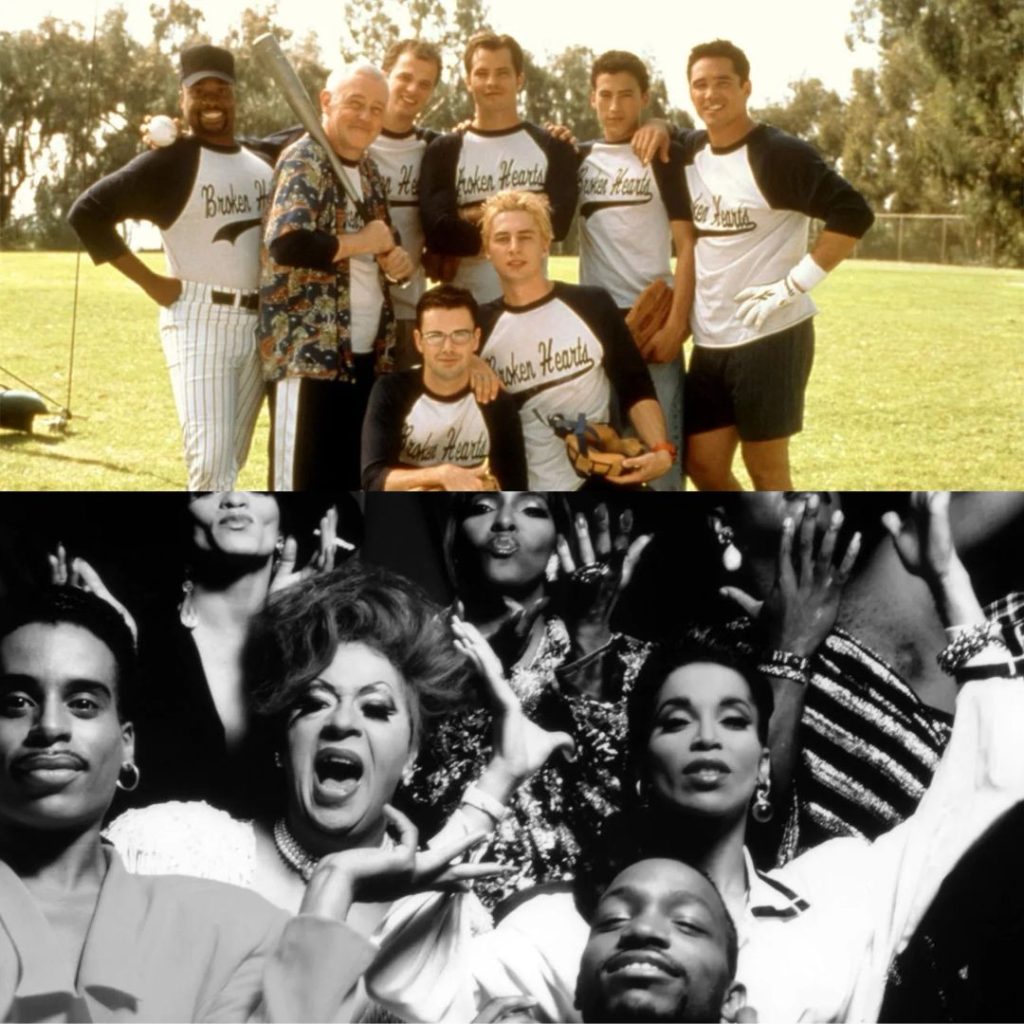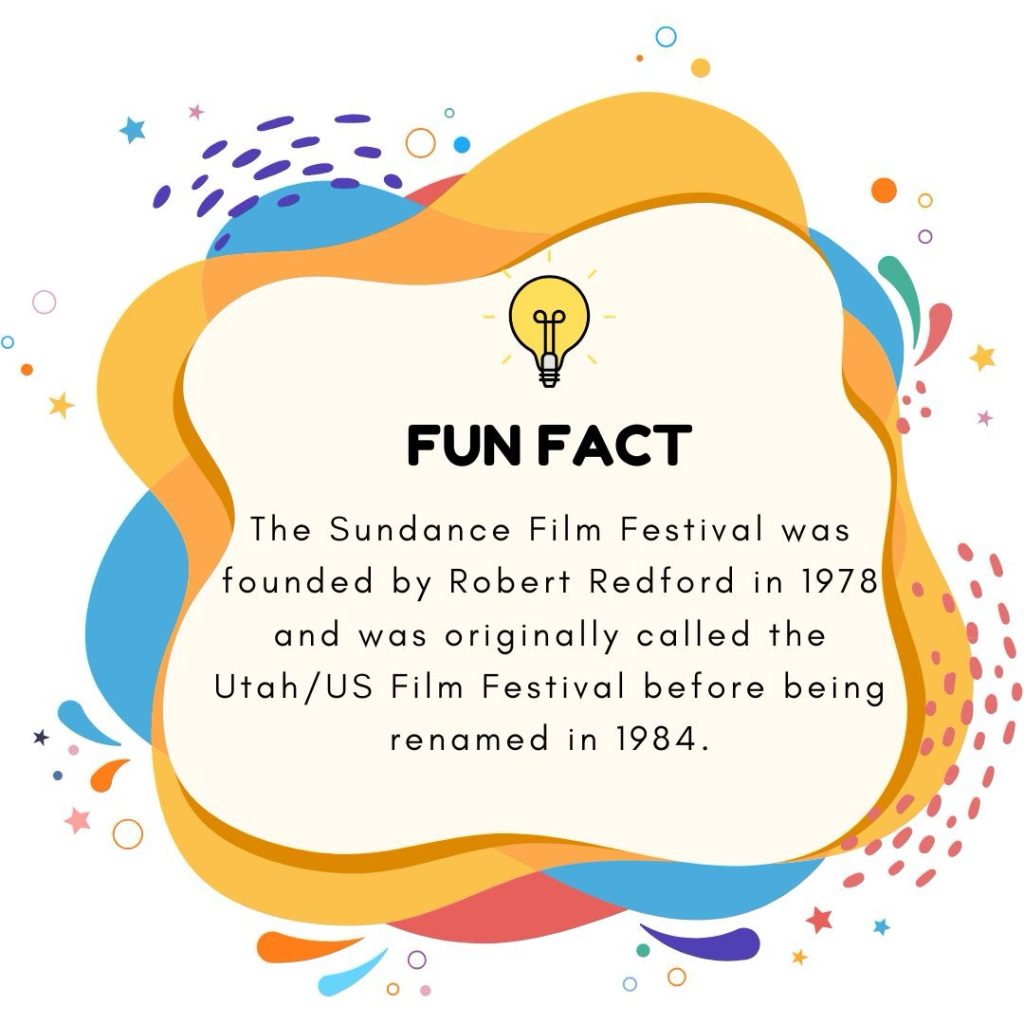The Sundance Film Festival, long associated with the snowy slopes of Utah’s Park City, stands at a crossroads.
After more than four decades in the state, the festival’s current contract expires in 2026, prompting a search for a new host that has come down to three finalists: a Salt Lake City/Park City combination, Boulder, and Cincinnati.

By the end of April, officials are expected to announce which location will serve as the festival’s home for the next decade.
This bidding process comes at a time when a controversial bill in Utah threatens to ban the Pride flag from schools and other state government buildings.
The Pride Flag Controversy
A piece of legislation known as HB77, sponsored by Rep. Trevor Lee and Sen. Daniel McCay, aims to restrict the display of any flag not deemed “politically neutral.”
Under this proposal, the Pride flag would be prohibited from flying at public properties, potentially barring it from future celebrations and displays.

This has raised alarm within Sundance Film Festival circles, given the festival’s commitment to inclusivity and its longstanding support of LGBTQ+ voices in independent cinema.
An insider quoted by Deadline described the legislation as “terrible,” calling it a direct shot at the LGBTQ+ community.
Critics claim the bill goes against the very values the festival champions, potentially jeopardizing the state’s chances of retaining this prestigious event.
Economic Implications
The possible relocation of the Sundance Film Festival is no small matter for Utah’s economy.
Recent data from Y2 Analytics suggests that the 2024 festival generated around $132 million in total economic impact for the state.
This figure includes job creation, tax revenue, and the global media spotlight that descends upon Utah every January.

Such a boost can be hard to replace, which explains why Utah Gov. Spencer Cox has reportedly pushed for a $3 million allocation to support the festival in the state budget.
However, the potential signing of HB77 creates a contradictory message, casting doubt on the state’s intentions to maintain an “inviting and inclusive” festival environment.
Some local civic leaders, including Salt Lake City Mayor Erin Mendenhall, have voiced strong opposition to the bill, affirming that diversity and empathy remain paramount for Utah’s capital city.
Bidding for the Future
With Boulder recently emerging as a frontrunner, many observers speculate that Utah’s chances hinge on whether the governor signs or vetoes the anti-Pride bill.
If the legislation passes, it may strengthen Boulder’s appeal as a more progressive locale ready to welcome filmmakers and audiences from all walks of life.
+Related: Dylan O’Brien’s Hot Gay Scenes Drive Fans & Sundance Mad
Meanwhile, Cincinnati has also presented an enticing proposal, leveraging its expanding arts scene and new facilities.
Yet Utah has been the sentimental favorite, with Robert Redford having founded the festival in the state and fostering a decades-long tradition of independent film culture.
The outcome now lies in a delicate balance between preserving longstanding heritage and adhering to inclusive principles.

As the decision deadline approaches, tension mounts over how Utah’s leaders will handle HB77 and what message that will send to the broader film community.
In an era when issues of representation and social equity hold increasing weight, the festival’s next home will speak volumes about where the industry is heading.

Whether the Sundance Film Festival stays in Utah or sets off for new horizons, one thing is clear: the conversation around LGBTQ+ rights, economic opportunity, and the power of the arts is now in the spotlight.
Those invested in Sundance’s future can only wait to see which path the festival chooses—and how Utah’s political landscape may influence that decision.



